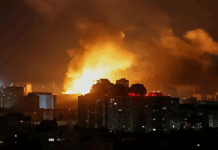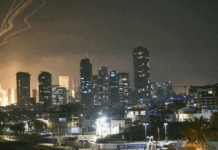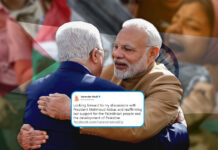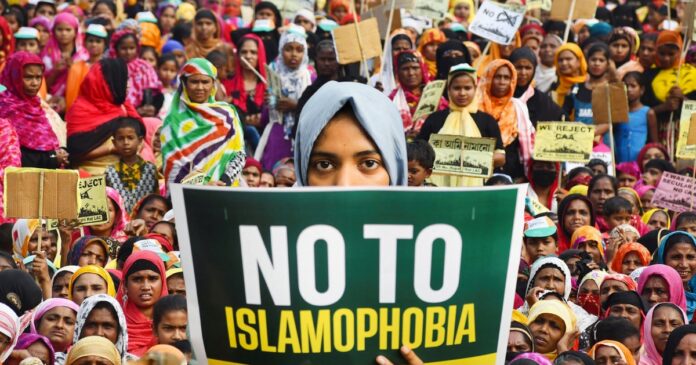Over the last few years, India has seen an alarming spike in Islamophobia—both online and offline—eliciting grave concerns regarding the safety and dignity of its 200 million Muslim citizens. India has long been a multi-religious, multicultural democracy on paper, yet rising hate speech, mob violence, and discriminatory laws have painted a disheartening picture for one of the world’s largest Muslim populations.
The Rise of Anti-Muslim Sentiment
The rise in Islamophobic sentiments can be traced to a mix of political rhetoric, social media narratives, and certain laws seen as targeting Muslims. The Citizenship Amendment Act (CAA) of 2019 was criticised extensively for granting citizenship to non-Muslim refugees but not Muslims. It led to countrywide protests, many of which were organised by Muslim women, like the symbolic sit-in at Shaheen Bagh.
Events like public lynchings on suspicion of cow slaughter, coerced shouting of “Jai Shri Ram,” and bulldozing Muslim houses in the name of “illegal construction” have also intensified fears of systematic persecution. Police brutality and the absence of judicial assistance when subjected to hate crimes have been feared by Muslims in most areas.
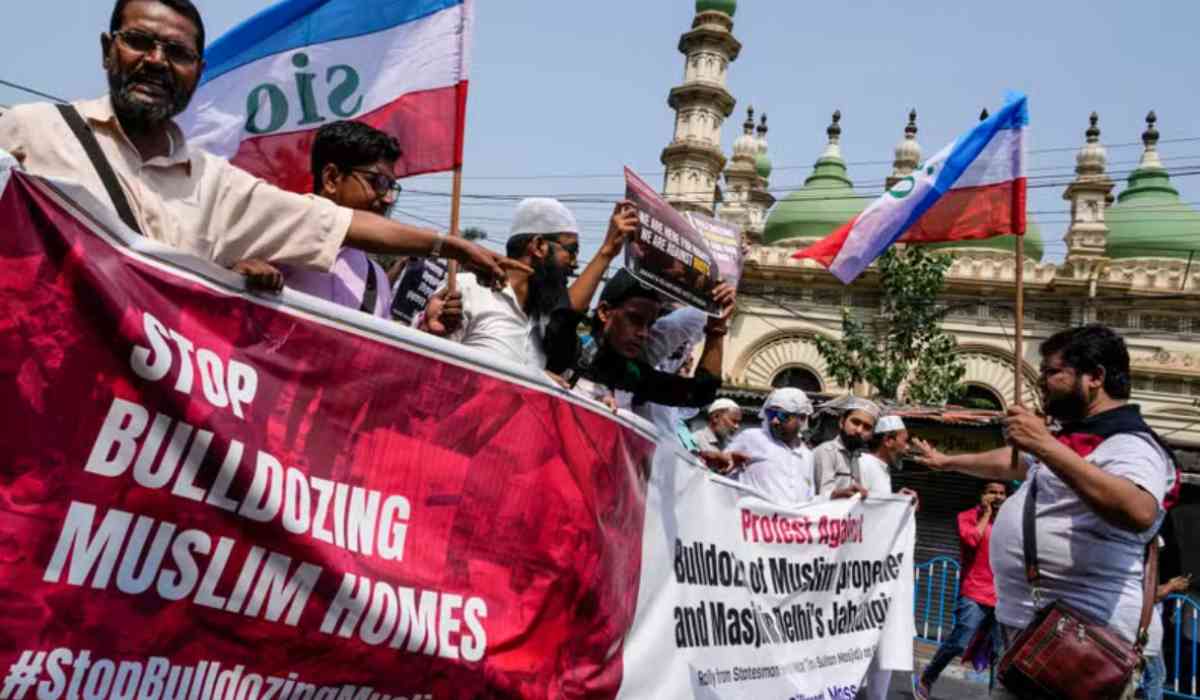
Media and Misinformation
Mainstream media has also perpetuated increasing Islamophobia by characteristically depicting Muslims as a menace to national security. As an example, in the pandemic of COVID-19, a religious event held by the Tablighi Jamaat was vehemently blamed for the spread of the disease—whereas other events were scarcely criticised. The incident led to increased hate online using hashtags such as #CoronaJihad.
Social media have become echo chambers through which misinformation circulates at incredible speeds. Hate speech, economic boycott calls, and demonisation of Muslim identity and culture are now common, with or without those in power intervening.
Read More: Muslims Molested Country-Wide During Holi: Is India Truly Secular?
The Political Context
Under the present political leadership, critics say that India is experiencing a transition from secularism to Hindu majoritarianism. The Bharatiya Janata Party (BJP), which is allied with the Hindu nationalist RSS, has been accused of making anti-Muslim narratives mainstream for electoral purposes.
Policies like hijab bans in schools (particularly in Karnataka), halal meat restrictions, and school textbook rewriting have been condemned for sidelining Muslim identity and history.
Is India Safe for Muslims Anymore?
The answer is nuanced. India continues to be home to thriving Muslim communities that are contributing to every sector—be it arts, sports, or business—but many now feel increasingly unsafe and unheard. In some areas with robust civil society networks, courts, and opposition leadership, the picture might be different. But in general, the rising tide of Islamophobia cannot be denied.
Safety in India today for Muslims largely depends on geography, class, and political consciousness. The broader question is whether India, proud of its pluralistic heritage, can maintain the rights and dignity of all citizens—irrespective of faith. Only time will tell.
Stay tuned to Brandsynario for latest news and updates





